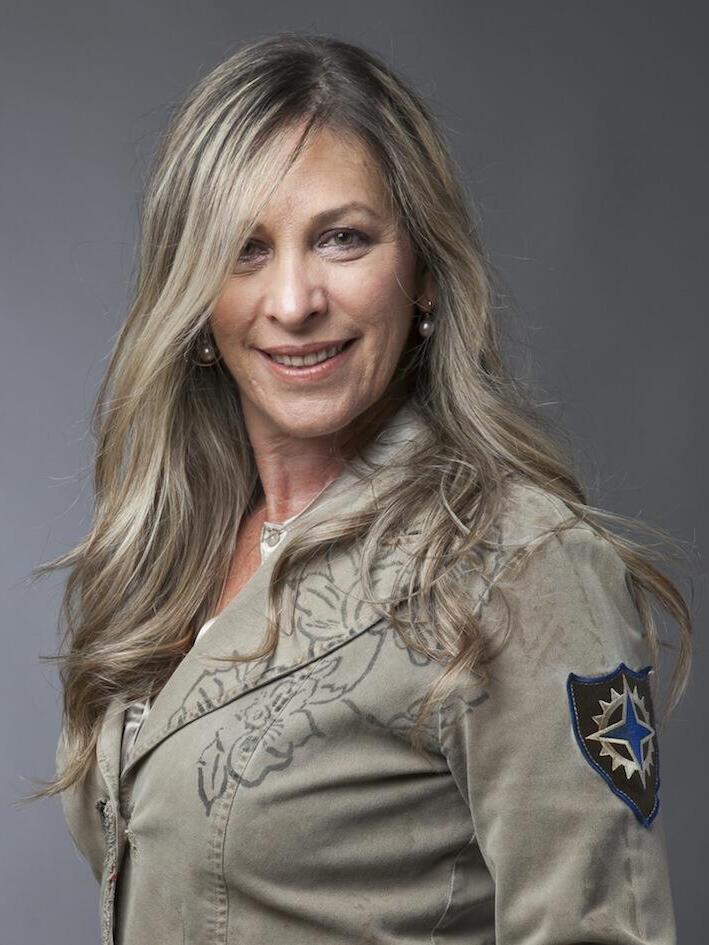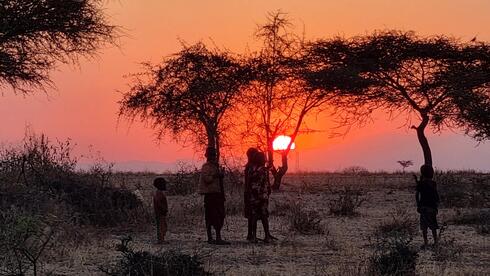Africa is no longer a “developing market.” With a population exceeding 1.4 billion, critical natural resources and strategic positions along energy, trade and manufacturing routes, the continent is central to the rivalry among world powers such as China, Russia, the United States and the European Union. China invests billions in infrastructure in exchange for minerals, Russia expands its security presence and the United States counters with diplomacy and civilian technology initiatives.
The continent is also poised to be the world’s breadbasket in the coming decades, with vast untapped agricultural potential. At the same time, countries such as the Democratic Republic of Congo, Burkina Faso and Niger supply essential strategic minerals — cobalt, lithium and neodymium — needed for semiconductors, batteries and communications and security technologies. Africa has effectively become an alternative source for resources at the heart of global tensions in Taiwan, Ukraine and China.
Israel’s role in this arena is not that of a colonial power but an equal partner offering expertise, innovation and experience in facing shared challenges — from water scarcity to conflict management. Reciprocal visits, the opening of embassies such as in Zambia, and exchanges of Rwandan and Israeli delegations reflect this growing bond.
The fact that Israelis feel welcomed in Africa — in contrast to parts of Europe — is not trivial but a strategic asset in Israel’s global image. The connection extends beyond technology and defense to softer economic and cultural ties. Many Israelis are discovering Africa not only for safaris but as a place to build positive public perceptions. Tourism positions Africa as a partner that understands, appreciates and values Israelis as guests, not outsiders — a form of soft power Israel builds even without diplomatic passports.
On the diplomatic and strategic fronts, the past year has seen tangible upgrades. Many African nations have opted to abstain or stay away from anti-Israel votes at the United Nations, sometimes adopting explicitly supportive positions. Within the framework of the Israel Allies Caucus, six African parliaments joined the pro-Israel coalition in the past year, quietly bolstering Israel’s political foothold on the continent.
 Ronit Hershkovitz
Ronit HershkovitzSecurity cooperation has also accelerated. Morocco leads a growing list of African partners engaging with Israel’s defense industry, culminating in a joint manufacturing facility combining advanced technology, strategic trust and regional influence. Ghana, Nigeria and Senegal are exploring projects in intelligence, surveillance, border security and civilian defense consulting — moving beyond weapons exports toward embedding Israeli doctrines and operational practices.
Africa is not just Israel’s future — it is part of its present. It is not a peripheral market but a strategic asset, offering an independent arena where Israel can reinforce diplomatic, economic and security ties even as global power centers shift. As competition among world powers intensifies, Israel’s deep, respectful and purposeful partnerships on the continent will only grow in importance.
Ronit Hershkovitz is CEO of Safari Company and served for years as honorary consul of Tanzania and Zambia in Israel.




